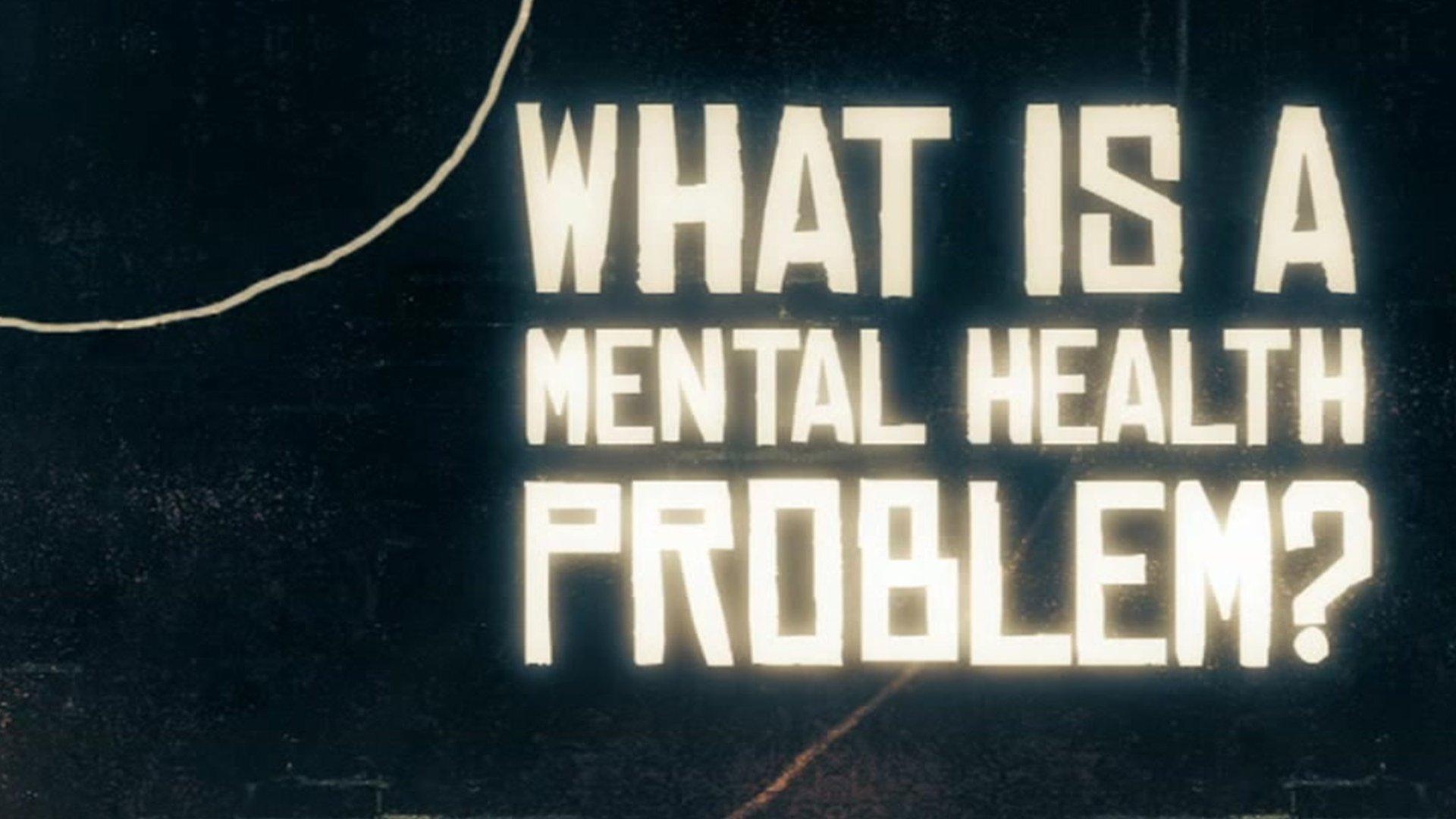Mental health: Why is it hard to talk about problems?
- Published
- comments
WATCH: An introduction to mental health by Michael Rosen
This guide explores why it can be difficult to talk about mental health problems.
When people say mental health, they are talking about how people think and feel, and how they are coping with things happening in their life.
It's completely normal to feel sad, angry or worried from time to time. But when those feelings won't go away and they start to really affect day-to-day life, that is when there can be a problem.
Many people with a mental health problem find it hard to talk about it.
This guide looks at why that is and what you can do if you feel this is something that is affecting either you or somebody that you know.
Who can be affected by mental health problems?
The truth is that mental health problems can affect anyone.
An NHS survey of 9,117 kids showed that one in eight children over five has a mental health disorder.
This is said to be due to an increase in emotional problems like depression or anxiety.
Why do people find it hard to talk about mental health problems?
There can be many reasons why people might find it hard to talk about mental health problems.
Josh, Lucy and Matty explain why they found it difficult.
WATCH: Josh, Matty and Lucy tell their stories
The truth is there are many reasons that people might find it difficult to open up about a mental health problem.
Some reasons for this that young people told Newsround include:
Worries that people may think you're 'weird' or leave you out
Not wanting to be treated any differently
Worries that people might spread rumours
Thinking that people might say it's rubbish and you're just being silly
Concerns that people will make a big deal of it
Worries that people might say nasty things
It is completely normal to have these concerns and there are many people who have felt this way.
But overcoming these worries - and speaking to someone - can have a really positive impact.
Why is it important that people talk about how they're feeling?
In this next video, Michael Rosen, Josh, Lucy and Matty discuss what a difference talking about their feelings made to them.
When Michael Rosen's son was 19, he died and Michael told Newsround how, at first, he found it difficult to talk about what had happened.
But he explained how the moment he stood in front of a big audience and told them what had happened to his son, it gave him the courage to write down how he felt - and it turned into a book.
WATCH: Why it's important to talk about our feelings?
"In a funny sort of way, I felt free and I felt better," Michael explained. "I could feel good that I had said that I feel bad - I know that sounds weird but that is actually how I felt.
"Maybe if you wrote something down about how you feel, and maybe if you showed that to somebody, that way we can help each other, can't we?
"Sometimes we have really strong feelings. If you feel like that, it really is important to find somebody you can talk to, somebody you can trust. Getting help early, quickly, very soon, can make a big difference," said Michael.
WATCH: Josh, Lucy, Matty, Michael Rosen and Dr Radha have lots of advice to help with talking about how you feel
Advice if you are worried about talking about mental health problems
If you are worried about talking about how you are feeling, or you're worried about a family member of a friend, Michael Rosen, Josh, Lucy and Matty, have lots of advice.
BBC Radio 1's Dr Radha also gave us advice about why it is important to look after our mental health, what signs you can look out for, and where you can go for help and support.
If you are worried about mental health problems or are finding it difficult to talk about how you are feeling, there is lots of support out there.
The first thing you should do is speak to an adult that you trust about it. That might be a parent or family member, a family friend or even a teacher at school.
If you're not sure who you would like to talk to, ring Childline on 0800 1111 who will be able to help you with how you are feeling, or visit www.childline.org.uk, external.
Watch Inside My Head: A Newsround Special
- Published10 October 2019

- Published27 March 2017

- Published27 March 2017

